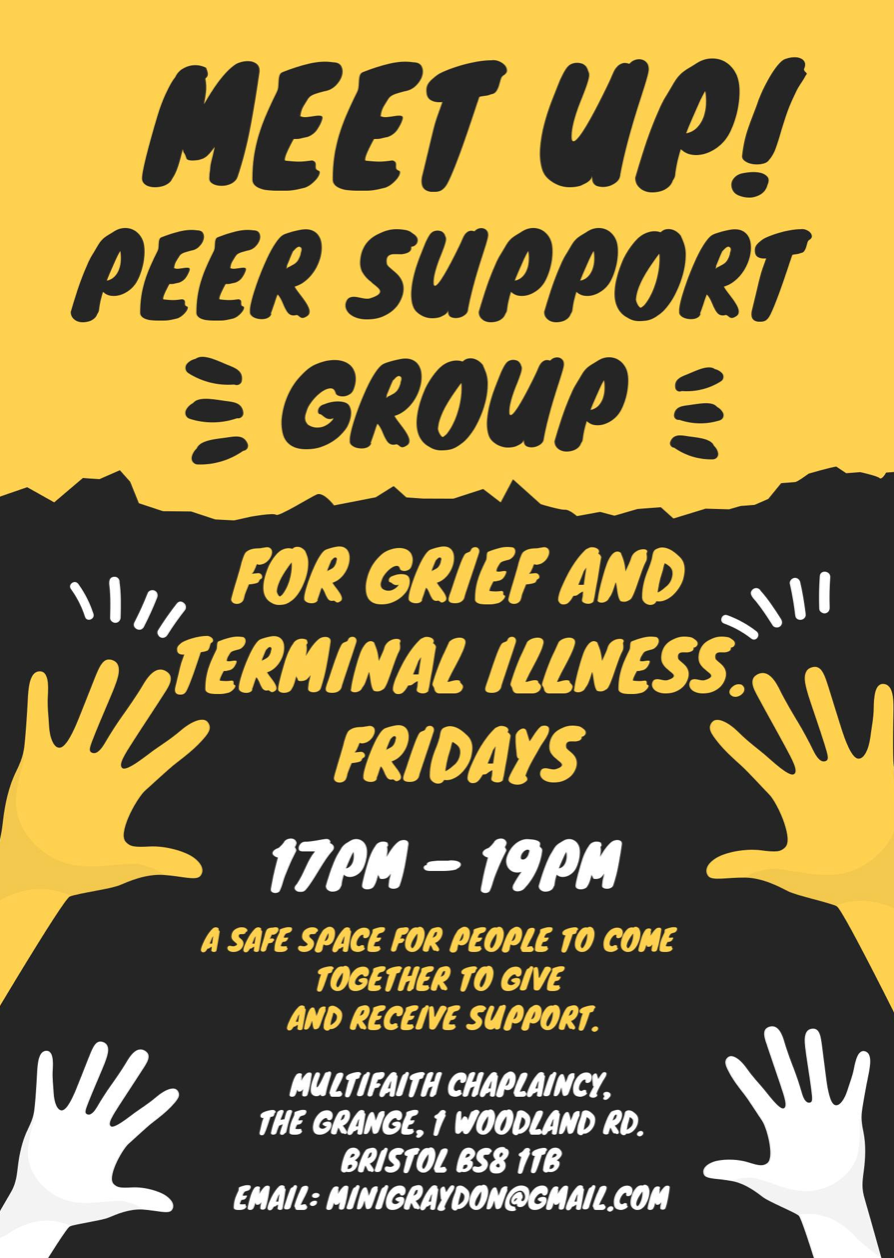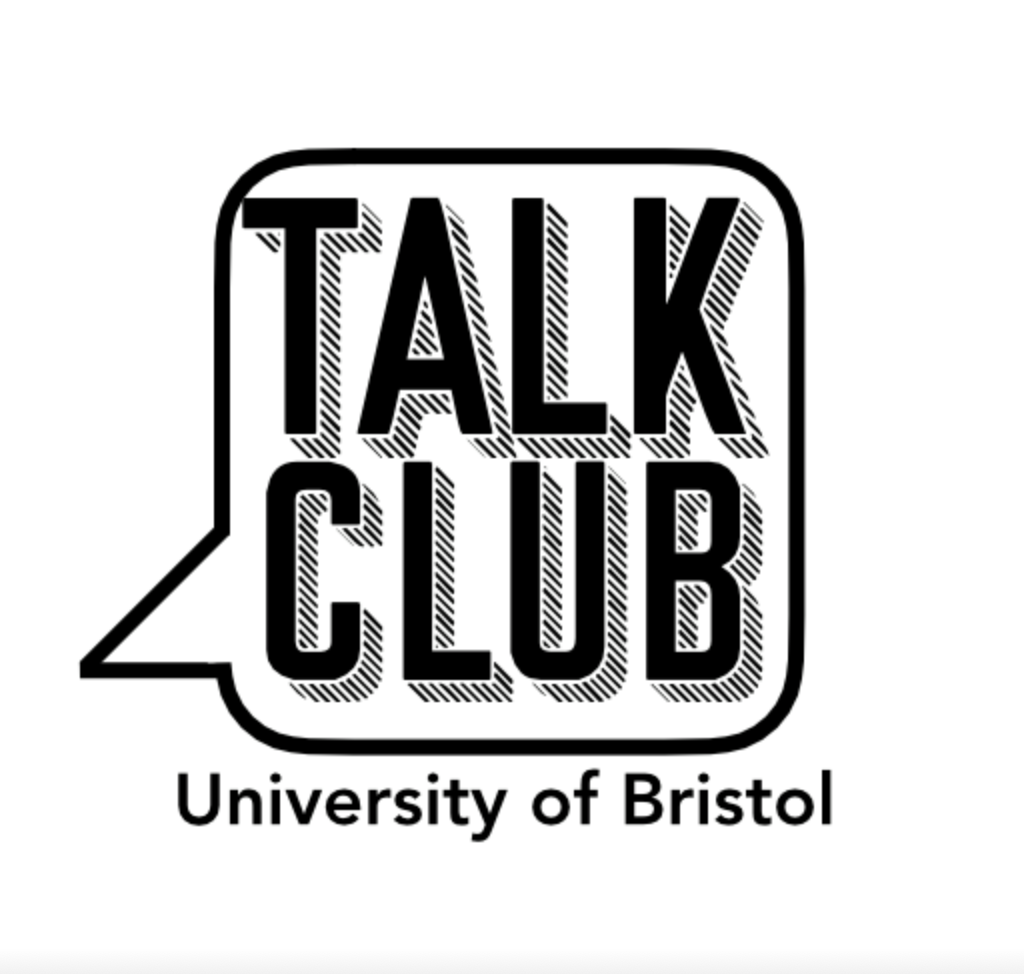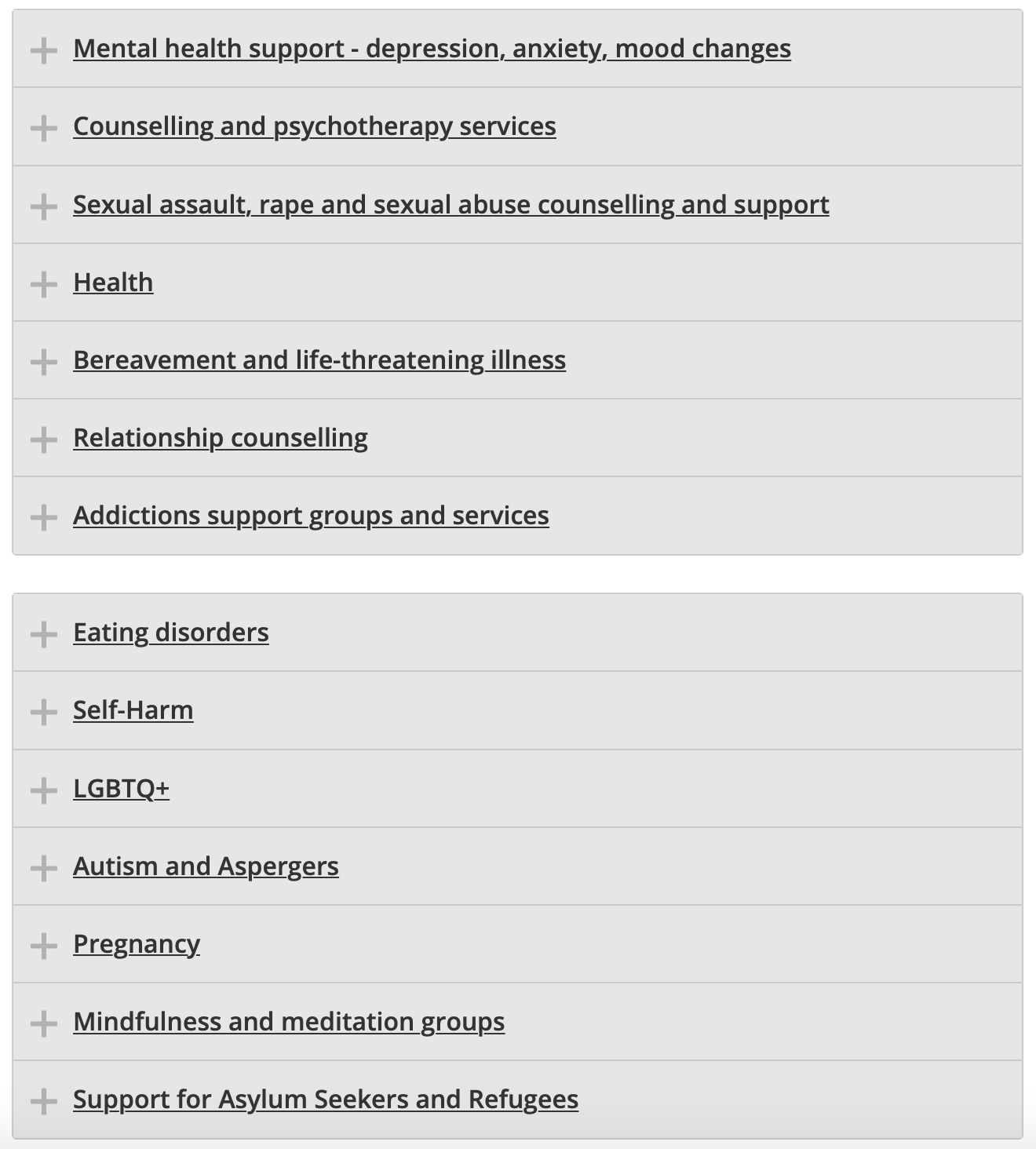By Gigi Aulsebrook, President of Bristol Uni Boob Team CoppaFeel!
The Croft Magazine // Talk groups offer a great way of looking after your own and others mental health in a relaxed social setting.
I had never paid much attention to the University’s wellbeing and counselling support services until the beginning of my third year when my mum crashed suddenly, and two months later she lost her battle with breast cancer. To put it lightly, the experience has been inexplicably dreadful and unimaginable.
Whilst my experience at Bristol has been good, I know this isn’t always the case for a multitude of students. I do not seek to simply criticise the University of Bristol as this achieves little; instead I aim to discuss what has happened to me and what I have done in the hope of reaching people who perhaps can take comfort in shared experiences.
From this, I feel strongly about encouraging the creation of student-led support networks. This is not counselling or therapy. This does not require money or resources from the University. This is simply encouraging and supporting the creation of student communities to meet others in similar positions – a unique and incredibly needed aspect of support for students in similar positions to one another.


The current lack of such student networks leaves a gap in our support services and one that could be easily filled.
My personal experience with the Student Counselling Service (SCS) over the summer of my second year helped me an awful lot dealing with my anxieties.
The pastoral care I received was also great. My personal tutor of three years has been a huge part of my university life – from helping my friends at times of crisis, taking midnight phone calls, and most importantly helping me through my personal challenges, even standing up for me when the university system worked against me. Additionally, my third-year dissertation tutor was amazing, having also lost her mum to breast cancer also at the age of 22 – unfortunate coincidence – she took on a more pastoral role than academic tutors tend to.
At the beginning of this academic year, I set up a Cancer Coffee Morning through my role running Bristol CoppaFeel!.
The idea is to introduce students to others with similar experiences, past or present.
It is a student-led support group for those affected by cancer. I created it from the perspective of what I felt would have helped me last year. This can include students who have been bereaved through cancer, have a family member or friend currently with cancer or are just interested in being part of a supportive network. Of course, anyone who is seeking friendly support can attend too.

The idea is to introduce students to others with similar experiences, past or present. It is a safe space for people to speak to each other about their experiences and to just know that the person you’re speaking to about Love Island or Boris Johnson is in a similar boat to you. It is incredibly comforting, helping students feel more grounded in the community and more aware that they are not alone.
The crux of this idea comes from my experience with my flatmate. She is one of the most amazing young women I have ever met, and has become one of my closest friends at university. Unfortunately, we are united by a sad reality. We both lost our mums from breast cancer within a week of each other – another unfortunate coincidence. We know we can speak to each other about anything. She is my rock and has been a massive emotional support this year, and I am honestly not sure what I would do without her. I also have other amazing friends who have all been outstanding and I am indebted for their kindness and love every day. But my relationship with my flatmate is different, having someone so close to you with basically the exact same experience is something else. It is something we are so lucky to have – though we both wished we didn’t – but having each other is a silver lining.
The support offered by the University itself is not enough – often there are long waiting lists, and sometimes it’s not the support you necessarily want.
Imagine being a student who, after the big adjustment in first year, is still somewhat unsettled and in their second year has their world turned upside down when someone they love dies due to a terminal illness. Whilst the Wellbeing service is great and they have good suggestions, having another, less formal option of a student-led support group would be a great way of bridging the gap, especially considering other students with similar experiences may be able to help navigate the system.
Some of these groups already exist but, as they are student run and organised, they need more support from the University. Another example is the Meet Up! Peer Support Group for Grief and Terminal Illness which has been set up by a good friend of mine this year. The support group encourages discussion around people’s personal experiences with dealing with grief and terminal illness while at university. I strongly believe that the community found in these groups cannot be found in any other capacity.
Student support groups should be their own branch of promoted student wellbeing support.
I am speaking from my own perspective and experiences of cancer and grief but there are many other issues that students could face, for example mental health, sexual assault and abusive relationships. The lack of supportive networks for these issues really surprises me. Again, I am not criticising the Student Counselling or Wellbeing service, but I am shocked that there is not more support for the creation of these networks – as my struggle with this has proven.
When I started Cancer Coffee Morning in September, I emailed the Student Wellbeing and Counselling service to ask them to advertise this network on their website.
At first, they agreed before saying there was no room as they had merged websites. I was left surprised. The SU has supported this initiative by co-hosting the coffee mornings and we received the first SU Student Group of the Month for this initiative. Given the greater power and reach of the University itself in referring students seeking help, their support would be even more effective.
I tried again at the beginning of this term and was met with resistance again, my emails ignored and needed follow-ups before Wellbeing replied, saying they don’t list events like these on their page. However, after a few emails with the SCS, they listed the Cancer Coffee Morning on their resources of ‘Support in Bristol’ under the ‘Bereavement and life-threatening illnesses’ tab.

Student support groups should be their own branch of promoted student wellbeing support. I appreciate the SCS support and it was a massive personal relief, as well as a huge step forward for the recognition of student-led support.
The initial resistance to Cancer Coffee Morning surprised me as my requests were quite simple. I had already established the support network, I just wanted more people to be aware of it. My suggestion is now that on the Student Counselling and Wellbeing website they should have a ‘Student-led Support Networks’ tab, and underneath there are a variety of headings like ‘Cancer and terminal illness’; ‘Grief’; ‘Sexual Assault’; ‘Abusive Relationships’ for example. Underneath these headings should be something like an email chain or Facebook group that someone can join if they need to.
Alternatively, they could list a fortnightly meet-up that they could attend if they wanted to. These networks are not counselling or therapy sessions, but purely a safe space to meet students in similar situations. They would assist and complement the services – helping students access support when they are full or have a long waiting listing. A very simple method which plugs a vital gap in the wider support system.
Whilst my experience has allowed a new student support to emerge , it really has felt – and continues to feel – like an uphill struggle and more, seemingly simple, action is required by the University. The University and the Student’s Union need to work together to encourage these initiatives. As students, we have so much to say and opinions to share on everything, so we need to be heard.
If students are met with resistance in the process of creating such initiatives, and feel we are not supported, then how can these initiatives live on and exist? The answer is sadly that they won’t. We, as students, can instigate the change we want to see but also need some help and support getting there for it to really make a difference.
Featured image: The Haring Foundation
Find The Croft Magazine inside every copy of Epigram Newspaper.









